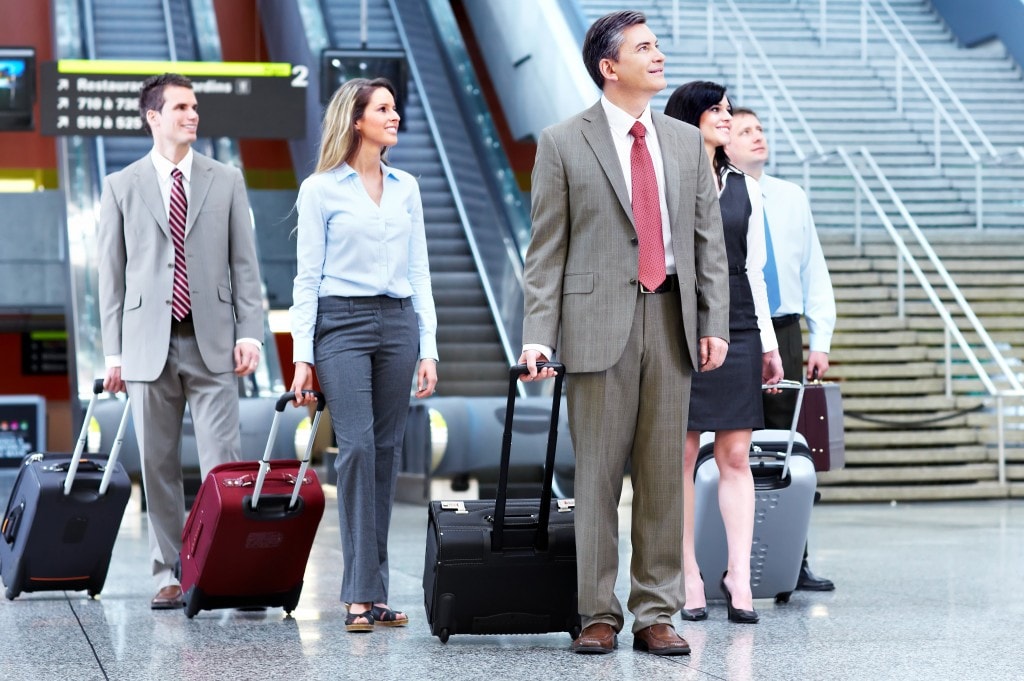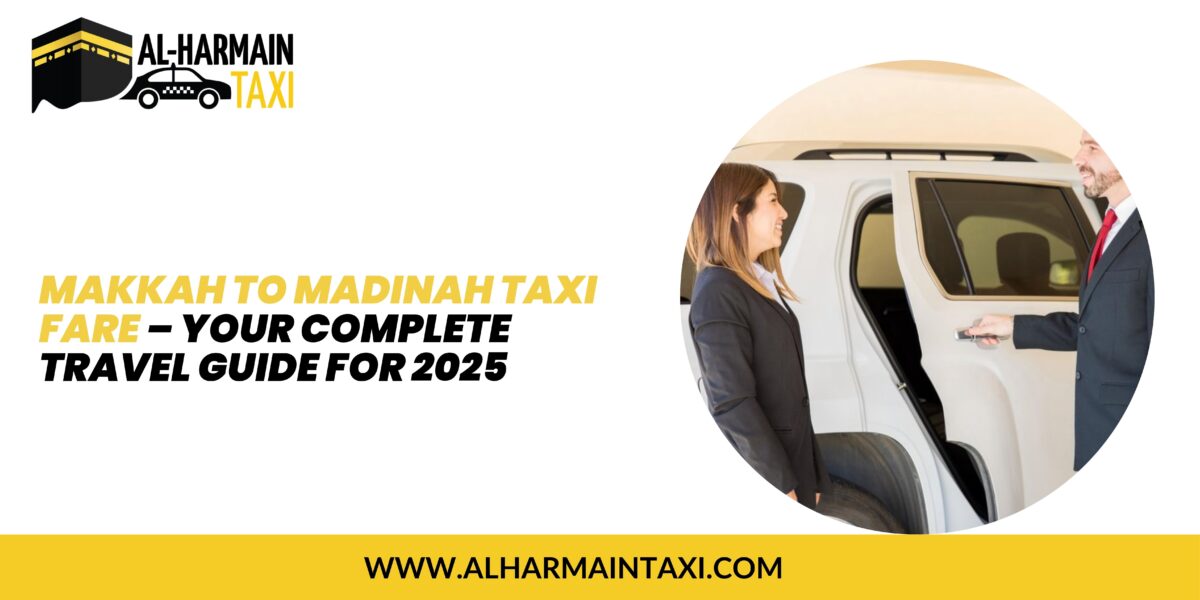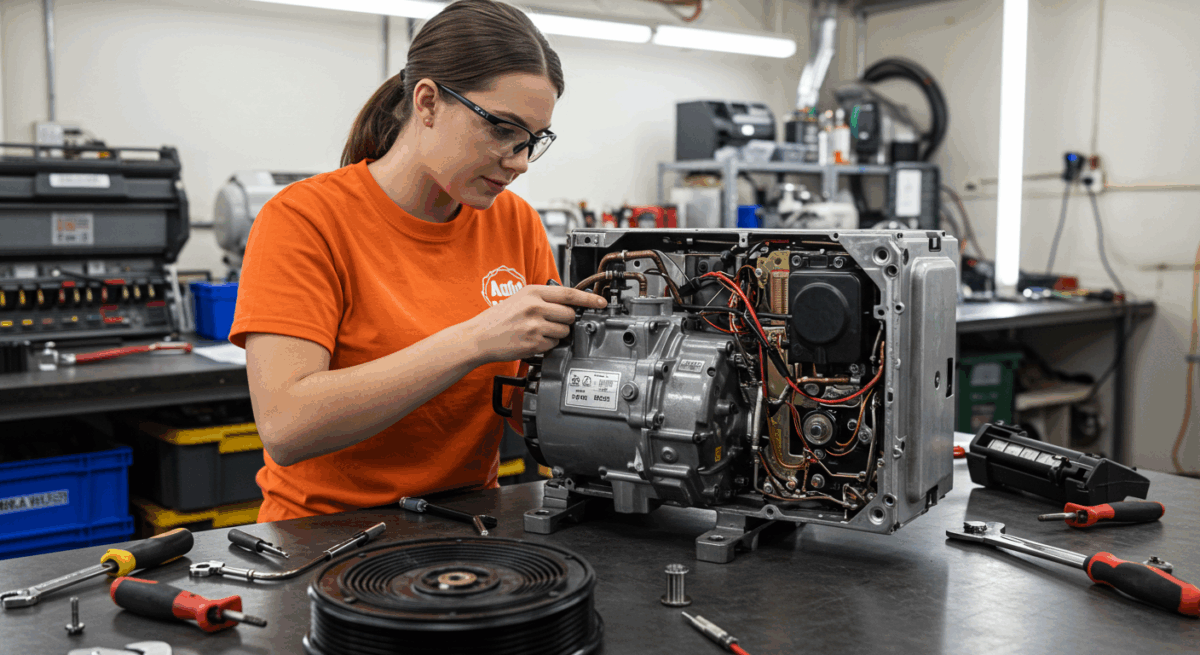How to Choose Tour Operators for MICE and Business Tours

Are you tasked with organizing a corporate event or business tour? Feeling overwhelmed by the myriad of tour operators out there? Don’t worry, you’re not alone! Choosing the right tour operator for MICE (Meetings, Incentives, Conferences, and Exhibitions) and business tours can be a game-changer for your company’s event success. In this comprehensive guide, we’ll walk you through the ins and outs of selecting the perfect partner for your corporate travel needs.
Understanding MICE and Business Tours
What is MICE?
MICE is an acronym that stands for Meetings, Incentives, Conferences, and Exhibitions. It’s a type of tourism that focuses on large groups brought together for a specific purpose. Think of it as the corporate cousin of leisure travel – it’s all about business, but with a dash of excitement and networking thrown in.
Importance of Business Tours
Business tours go beyond just sightseeing. They’re strategic tools for companies to build relationships, motivate employees, and explore new markets. A well-executed business tour can lead to increased productivity, improved team dynamics, and even new business opportunities. That’s why choosing the right tour operator is crucial – they’re not just planning a trip; they’re crafting an experience that could shape your company’s future.
Key Factors in Choosing Tour Operators
Experience and Expertise
When it comes to MICE and business tours, experience is worth its weight in gold. Look for operators who have a proven track record in handling corporate events. Have they worked with companies similar to yours? Do they understand the unique demands of business travel? An experienced operator will anticipate your needs before you even realize them.
Reputation and Reviews
In the age of the internet, there’s no excuse for not doing your homework. Check online reviews, ask for references, and don’t be shy about reaching out to past clients. A reputable tour operator should have a trail of satisfied customers singing their praises.
Range of Services
The best tour operators are one-stop shops. They should be able to handle everything from transportation and accommodation to venue selection and activity planning. The more comprehensive their services, the less you’ll have to juggle multiple vendors.
Customization Options
No two businesses are alike, and your tour should reflect your company’s unique culture and objectives. Look for operators who offer customizable packages rather than rigid, one-size-fits-all solutions.
Evaluating Tour Operators’ Business Understanding
Industry Knowledge
A tour operator who understands your industry is worth their weight in platinum. They should be able to speak your language, understand your goals, and even suggest industry-specific activities or site visits that align with your business objectives.
Corporate Culture Awareness
Your chosen operator should be a chameleon, able to adapt to different corporate cultures. Whether your company is as formal as a black-tie gala or as laid-back as a beach barbecue, the tour operator should be able to match your vibe.
Assessing Logistical Capabilities
Accommodation Management
From five-star hotels to boutique business lodges, your tour operator should have connections with a wide range of accommodation options. They should be able to negotiate group rates and ensure that the lodging meets your company’s standards.
Transportation Arrangements
Smooth transportation can make or break a business tour. Whether it’s airport transfers, inter-city travel, or daily commutes to meeting venues, your operator should have reliable transportation solutions up their sleeve.
Venue Selection
For meetings and conferences, the right venue is crucial. A good tour operator will have a portfolio of suitable venues and the expertise to match your event’s needs with the perfect location.
Technology and Innovation
Virtual and Hybrid Event Options
In our post-pandemic world, flexibility is key. Look for operators who can seamlessly integrate virtual elements into your tour or event, catering to remote participants.
Event Management Software
Tech-savvy operators use specialized software to manage registrations, itineraries, and communications. This not only streamlines the process but also provides you with real-time updates and analytics.
Budget Considerations
Transparent Pricing
Nobody likes hidden costs. A reputable operator will provide clear, itemized pricing upfront. They should be able to explain every charge and work with you to optimize your budget.
Value for Money
Cheapest isn’t always best. Look for operators who offer the best value for your investment. Sometimes, paying a bit more can result in a significantly better experience and ROI for your company.
Safety and Risk Management
Emergency Protocols
In the world of business travel, expect the unexpected. Your chosen operator should have robust emergency protocols in place, from medical emergencies to natural disasters.
Insurance Coverage
Make sure your operator has comprehensive insurance coverage. This should include liability insurance and ideally, options for trip cancellation or interruption coverage.
Sustainability and Corporate Social Responsibility
In today’s world, sustainability isn’t just nice to have – it’s a must. Look for operators who prioritize eco-friendly practices and can help your company fulfill its corporate social responsibility goals through thoughtful tour planning.
Communication and Support
Responsiveness
In the fast-paced world of business, you need a tour operator who’s always on their toes. Quick response times and proactive communication are non-negotiable.
On-site Assistance
Your tour operator’s job doesn’t end when the tour begins. They should provide on-site support throughout the event, ready to handle any last-minute changes or issues that may arise.
Post-Event Evaluation
A great tour operator values your feedback. They should have a structured process for post-event evaluation, using your input to continuously improve their services.
Case Studies: Successful MICE and Business Tours
Look for operators who can provide case studies of successful events they’ve organized. These real-world examples can give you insight into their capabilities and creativity.
Red Flags to Watch Out For
Be wary of operators who are reluctant to provide references, have a history of complaints, or pressure you into making quick decisions without providing detailed information.
Tips for a Smooth Collaboration
Clear communication is key. Set expectations early, provide detailed briefs, and maintain open lines of communication throughout the planning process.
Conclusion
Choosing the right tour operator for your MICE or business tour is a critical decision that can significantly impact your event’s success. By considering factors like experience, customization options, logistical capabilities, and technological innovation, you can find a partner who will not just meet but exceed your expectations. Remember, the best tour operator is one who understands your business goals and can translate them into an unforgettable, productive experience for your team.
FAQs
How far in advance should I start looking for a tour operator?
It’s best to start your search at least 6-12 months before your event, especially for large-scale MICE events.
What’s the typical cost range for MICE and business tours?
Costs can vary widely depending on the destination, duration, and scale of the event. A reputable operator should be able to work with budgets ranging from $500 to $5000+ per person.
Can tour operators handle international business tours?
Yes, many specialized MICE tour operators have extensive experience in organizing international business tours and can handle complexities like visa arrangements and cross-border logistics.
How can I ensure that the tour aligns with my company’s goals?
Clearly communicate your objectives to the tour operator and ask them to provide a detailed plan showing how each activity or arrangement supports your goals.
What’s the difference between a regular travel agency and a MICE tour operator?
MICE tour operators specialize in business events and have expertise in handling corporate requirements, while regular travel agencies primarily focus on leisure travel.











